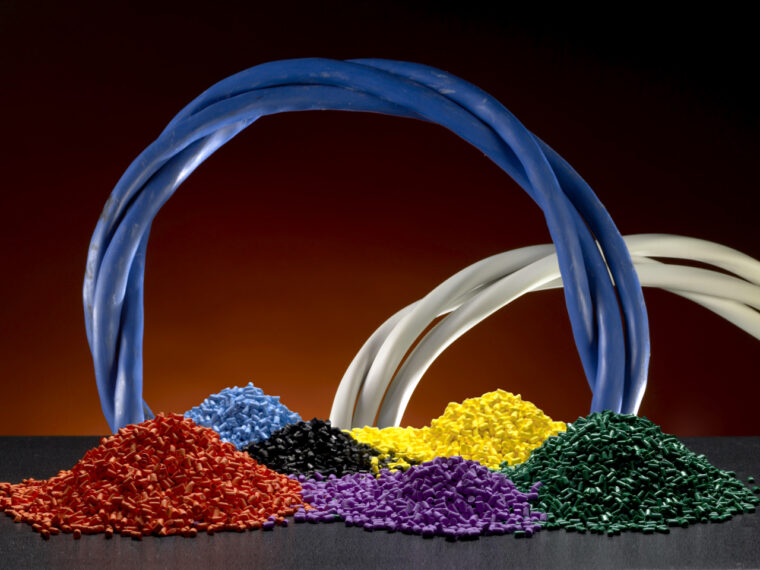Sulfone Polymers: Performance Plastics for Demanding Applications
Introduction to Sulfone Polymers
Sulfone polymers are a class of synthetic thermoplastic polymers known for their high heat resistance, chemical resistance, and mechanical stability. These engineering thermoplastics offer superior performance properties that make them well-suited for use in applications with demanding operating conditions.
Chemical Structure and Properties
Sulfone polymers are characterized by a sulfone group (S02) in their main chain structure. This chemical configuration gives sulfone polymers their unique combination of physical properties. The sulfone group is both thermally and chemically stable. It provides the polymers with high glass transition temperatures, making them suitable for applications requiring heat resistance up to 200°C. Sulfone polymers also exhibit excellent resistance to acids, bases, salts, and organic solvents. Their mechanical properties include high tensile strength, stiffness, and dimensional stability. Common commercial sulfone polymer varieties include polysulfone (PSU), polyethersulfone (PES), and polyphenylsulfone (PPSU).
Applications in Medical Devices
Sulfone polymers are widely used in medical device applications due to their biocompatibility and ability to withstand sterilization processes like autoclaving. PSU and PES are commonly used to manufacture hemodialyzers, blood oxygenators, and other blood-contacting components in medical equipment. Their chemical resistance allows these components to be effectively cleaned and sterilized between uses. Sulfone polymers are also used to make surgical and dental tools that must retain dimensional stability during heat sterilization. Their high strength and melt properties allow complex sulfone polymer parts to be manufactured via injection molding for surgical equipment and implants.
Use in Filtration Systems
Thanks to their chemical resistance and strength over a wide pH range, sulfone polymers are routinely used to produce filtration membranes and filter housings. They are favored for applications involving salt water, solvents, and chemical filtration. PSU and PES membranes are widely used for microfiltration and ultrafiltration in desalination plants, industrial wastewater treatment, and food and beverage processing. Sulfone polymer filter cartridges offer long service lifetimes in harsh chemical environments where other plastics would degrade. Their robustness also makes them suitable for hydraulic and pneumatic filter housings.
Molded Parts in Electronics and Appliances
In applications requiring heat resistance up to 200°C, sulfone polymers provide an alternative to engineering thermoplastics with lower heat deflection temperatures such as polyetherimide (PEI) and polyphenylene oxide (PPO). PPSU and PES are often used to injection mold small, high-precision components for electronics, sensors, and home appliances. They retain dimensional stability during surface mount soldering processes. Sulfone polymers are also suitable for potting and encapsulating electronics. Their water absorption rates are lower than epoxy resins, protecting circuits from moisture infiltration over long operating times. Small molded PSU or PES parts play a role in components for industrial control systems, electric motors, and white goods.
Designing with Sulfone Sheets
In addition to being processed by injection molding, sulfone polymers can be thermoformed or machined when provided as sheets or rods. PSU, PES, and PPSU are produced commercially as optically clear amorphous sheets, ideal for fabrication into items like windows, light covers, and displays. Their combination of strength, rigidity, and excellent optical properties surpasses acrylic in many optical applications involving prolonged UV exposure or heat. Sulfone polymer sheets also serve as ideal engineering plastics for mechanical parts exposed to chemical or high-temperature environments. Common machined components include pump housings, valves, and manifolds for chemical processing equipment.
Reinforced Composites from Sulfone Polymer
To further enhance their mechanical properties, sulfone polymers can be reinforced with fibers to create composites for structural and load-bearing applications. Glass-filled PSU, PES, and PPSU composites combine the polymers’ inherent chemical and heat resistance with improved stiffness, impact strength, and dimensional stability compared to unfilled grades. Popular composite sheet and rod materials incorporate 30-40% glass fiber loading. They machine and fabricate well, retaining high strength at elevated temperatures. Applications for glass-filled sulfone composites include structural components for marine vessels, chemical plants, and oil and gas equipment. Advanced composites reinforced with carbon fiber provide high specific strength and are used in technological applications like aircraft interiors and space structures.
Conclusion
Sulfone polymers have become essential high-performance thermoplastics thanks to their unique combination of thermal and chemical resistance properties. Their use spans industries as diverse as medical, filtration, electronics, and engineering. Continuous innovation will expand sulfone polymer applications to demanding niches where other plastics cannot meet the temperature, chemical, or mechanical requirements. As sustainable alternatives to thermosets in many composite and fabricated part applications, sulfone polymers will further grow in industrial importance.

